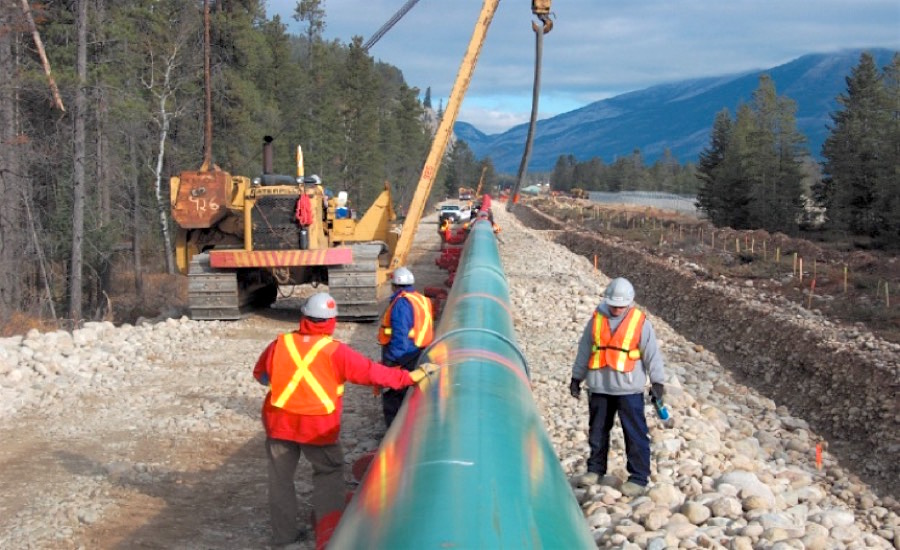Another 37 conditions for Trans Mountain pipeline

The government of British Columbia has issued an environmental certificate for the Trans Mountain pipeline expansion, and in doing so, has tacked on an additional 37 conditions, over and above the 157 that are required by the National Energy Board (NEB.)
B.C. had hoped to avoid having to do its own environmental assessment on the pipeline project. That became possible in 2012, when the federal government streamlined federal environmental approvals. It allowed provinces to use “equivalency” agreements when federal environmental reviews were conducted to avoid duplication.
But the BC Supreme Court ruled at the beginning of 2016 that the B.C. government still had to issue its own environmental certificate, even though it could rely on the NEB’s environmental reviews process for its decisions.
On January 11, ministers of Environment and Natural Gas jointly issued a provincial environmental certificate for the $6.8 billion pipeline expansion project.
In doing so, it added 37 conditions, which include:
• Trans Mountain must calculate the greenhouse gas emissions from the pipeline construction activities and offset them by buying carbon offsets through the BC Carbon Registry (formerly the Pacific Carbon Trust);
• it must increase its disaster response training and preparedness through full-scale exercises aimed at dealing with pipeline ruptures and oil and fuel tank fires; and
• it must develop offset programs to compensate for any impacts on provincial parks, protected areas and recreational sites.
Several of the conditions deal with First Nations. The conditions include requirements to provide job opportunities for First Nations both during and after pipeline construction.
Since the pipeline will have an impact on wildlife habitat, including grizzly bears and woodland caribou, the company must also come up with mitigations programs.
{{ commodity.name }}
{{ post.title }}
{{ post.date }}




Comments